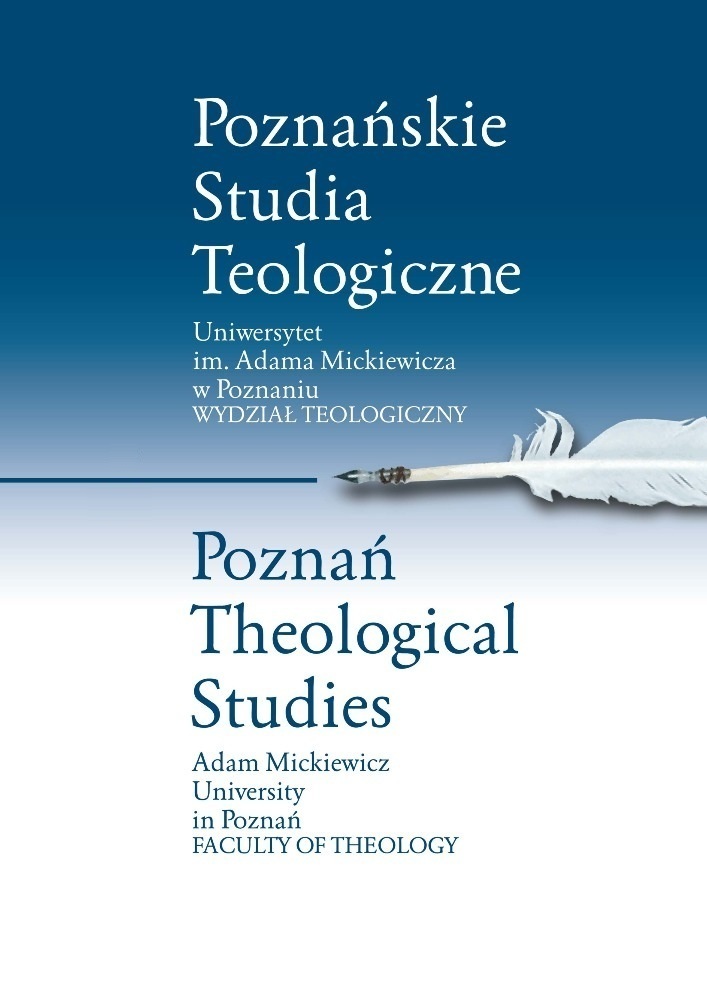Abstrakt
The work Wzór i wizerunek [...] dziwnej świątobliwości [...] Zofii z Tylic Tomickiej [The Paragon and Image o f the Strange Holiness o f Zofia Tomicka o f Tylice] written by a Jesuit Stanisław Brzechwa (1588-1649) and published in 1634 is a unique biography not only in old Polish literature. The heroine is a wealthy noblewoman who lived in the years 1595-1633 and she is portrayed as a charismatic Catholic and at the same time one possessed by the devil. Tomicka herself as well as her biographer saw in this possession a paradoxical grace of God and a most efficient way of expiation for sins - a very rare case in the history of Christian spirituality. It seems comparable only with the history of a Frenchwoman Marie des Vallées (1590-1656), the protege of Jean Eudes (1601-1680), a well known saint and author of her two biographies, hitherto unpublished. In reflection on such cases it seems appropriate to employ a theologically controversial concept of expiatory possession, which gained popularity much later on in the wake of interest in the life and death of a German woman Anneliese Michel (1952-1976). The 17,h century Jesuit Stanisław Brzechwa was well aware o f the controversial nature of his work which bordered on hagiography. Being convinced about the authenticity of Tomicka’s experiences he nevertheless acknowledged their hybridity and ultimate unverifiability, deciding in some measure to step outside the paradigm of dogmatic theology and his own Church.
Licencja
Copyright
© 2009 Uniwersytet im. Adama Mickiewicza w Poznaniu, Wydawnictwo Naukowe UAM, Poznań
OPEN ACCESS
